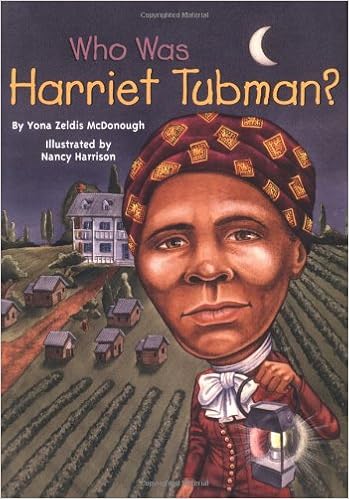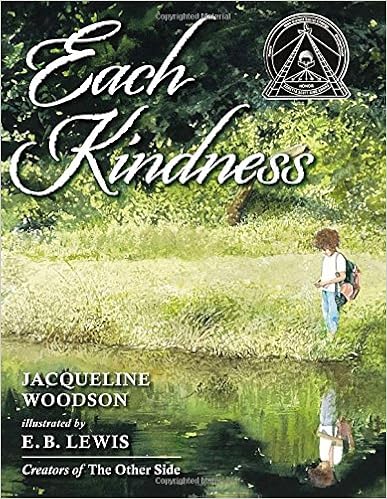Hey, friends! I have two more Fridays before school starts, so I'm finally sitting down to write some actual lesson plans. I spent part of the summer writing unit plans and this week mapped out my first units for Grades 3, 4 and 5. {If you missed it, I'm teaching literacy to Grades 3, 4 and 5 this year. I'll likely work with guided reading groups in the mornings and then see full classes in the afternoons. I'm crazy excited about it!}
One of the books I plan to share with my classes is
Each Kindess by Jacqueline Woodson. She is the author of
Brown Girl Dreaming {
link to previous post about this AMAZING book} and
The Other Side. Her picture books are gorgeous and teach important lessons. This book, obviously about kindness, is also about thinking about the choices we make and how they make other people feel.
In the book, a new girl named Maya appears in class. It's obvious that Maya comes from a less fortunate family. Her clothes look old and her shoes are for the wrong season. When Maya sits and smiles at Chloe, Chloe avoids her and moves away. This pattern of avoiding Maya's attempts at friendship replays itself through the first half of the book until Maya finally gives up. Soon after, Maya's family moves away and Chloe's teacher discusses kindness with the class. Using the image of a rock in the middle of a pond surrounded by ripples, the teacher says "each little thing we do goes out, like a ripple, into the world." The final half of the book follows Chloe as she grapples with her behavior and lack of kindness.
It's a unique book about a more silent form of bullying. And also unique in that unlike books like Thank You, Mr. Falker, the book focuses on the bully, not the bullied. Chloe isn't awful to Maya, but she is unkind. Chloe bullies Maya by excluding her from the friendship of the group.
Another part of my summer was spent reading Notice and Note. After reading Each Kindness, I can see ways to use this book to model some of the signposts from Notice and Note.
1.)
Again and Again - Maya tries to be friendly to the girls by smiling and showing them different toys she's brought to school. Each time she asks them to play, the girls say no. Students can notice and note by asking "why does this keep happening?"
2.)
Words of the Wiser - In this case, the teacher is the wiser. Her words "Each kindness...each little thing we do goes out, like a ripple, into the world." We can help students by asking "what is the lesson here?"
3.)
Aha! Moment - When the teacher asks the kids to drop a stone and tell her kind things they had done, Chloe can't think of anything. We can help our students by asking "how might this change things?" This could also be a
Tough Question, as we might assume the teacher asked "what kindness can you share with us?"
4.)
Memory Moment - When Chloe is alone, her "throat filled with all the things I wished I would have said to Maya," one can view this as a memory. We can help our students notice and note by asking " why is this memory important?" For older students with experience studying characters, I would probably ask what it reveals about Chloe. Perhaps this scene could also be a
Contrast and Contradiction, as before Chloe had nothing positive to say to Maya, but now her throat is filled. If I used this scene for a contrast, I would ask "Why is the character doing that?"
It's definitely not my goal to try to teach all six sign posts in one text, but it is nice to see them in play and know that I'm now in the practice of "Noticing and Noting" when I read. It is also a quality, short text that can be read and re-read throughout the year as you work on the signposts.



























